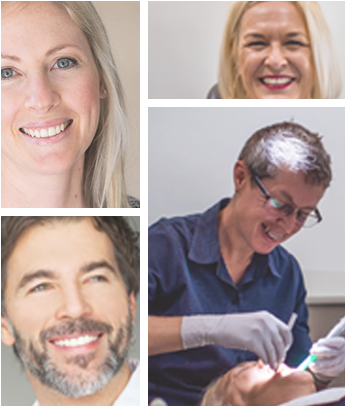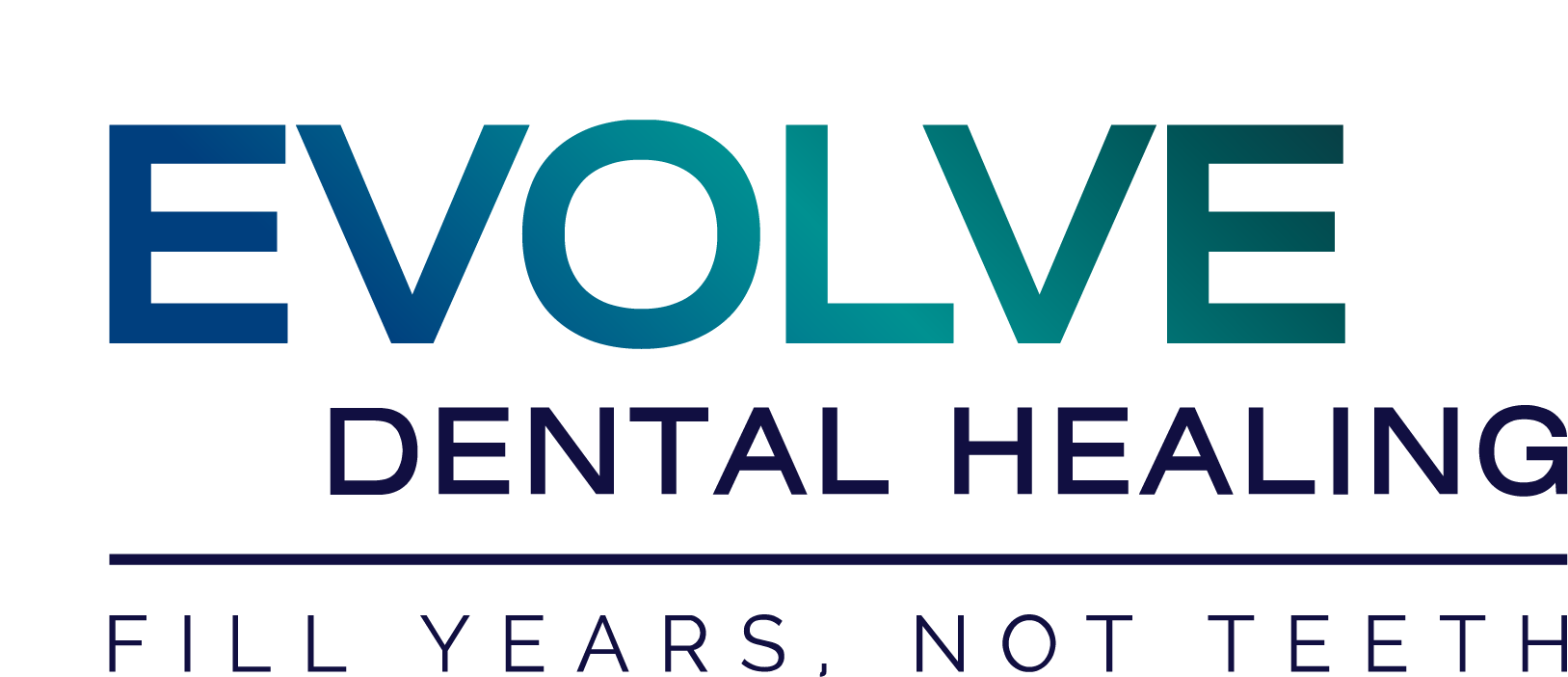Root Canal Therapy

IAOMT Status Report on Endodontic Root Canal Therapy
(Revised March 2001)
The International Academy of Oral Medicine and Toxicology (I.A.O.M.T.) encourages the dental profession to carefully consider the potential impact on systemic health of endodontic root canal therapy.
Scientific inquiry ranging from the historical research of Weston Price to ongoing contemporary studies demonstrates that microorganisms (bacteria, fungi, viruses) can persist in root canals and dentinal tubules after apparently successful endodontic root canal treatment. The passage of these microorganisms into the blood has been scientifically demonstrated, as has the passage of their highly toxic waste products of anaerobic metabolisms, such as sulphides and polyamines. Furthermore, there are many cytotoxic chemicals used in endodontics, such as formaldehyde, eugenol, camphorated paramonochlorophenol, and other phenols. These have also been shown to diffuse into the general circulation.
What Are The Risks of Root Canals?
However, the extent of the potential health risk from these influences has not been investigated scientifically, and criteria for evaluating the risk to individual patients have not been established.
Clinical criteria used to determine the success or failure of endodontic treatment have been shown to be contradictory and inconsistent, especially when compared to pathological examination. Improved methods are needed to evaluate both the clinical success of endodontic treatment and the level of bacterial toxicity emanating from the treated root canal.
Biological Root Fillings
The I.A.O.M.T. has encouraged the use of calcium oxide root filling materials when the doctor and patient choose endodontic therapy, because they have been shown to be non-cytotoxic, penetrate the dentinal tubules, and raise the pH of the treated root. However, the evidence that alkaline calcium materials, especially calcium hydroxide, can truly disinfect dentin remains equivocal. More work needs to be done to evaluate whether this or any other technique can eliminate the potential for systemic health effects of endodontic therapy.
Therefore, the I.A.O.M.T. cannot take the position that all non-vital teeth must be extracted. On the other hand, it is clear that non-vital teeth – with or without endodontic root canal therapy – can present a systemic health risk to some patients. Each patient must be evaluated on an individual basis, considering the medical status and other factors.
The I.A.O.M.T. encourages the dental, medical, and scientific communities to address this area with vigour. Efforts must be made to provide valid methods of determining the systemic health risk from non-vital teeth and provide techniques of endodontic root canal therapy that eliminate, or at least reduce, the risk.
-
Dr. Rachel Hall
Rachel is the founder and principal dentist at Evolve Dental Healing with over 30 years experience, practising holistically since 2001. Not your typical dentist, Rachel is a passionate opinion leader, challenging convention to empower people to make better dental and health choices, helping thousands to have healthy natural smiles. A respected writer and presenter on holistic dentistry, health and wellness it is Rachel’s mission to revolutionise the way people look at their dental health.
Talk to us for more details and information
CONTACT US
67 Kenmore Road
Kenmore Queensland 4069
Phone: 07 3720 1811
Fax: 07 3720 1899
Email: info@evolvedental.com.au
OPENING HOURS
Monday – Friday: 7:30am – 5:30pm
References and Citations Mercury & Amalgam Fillings




